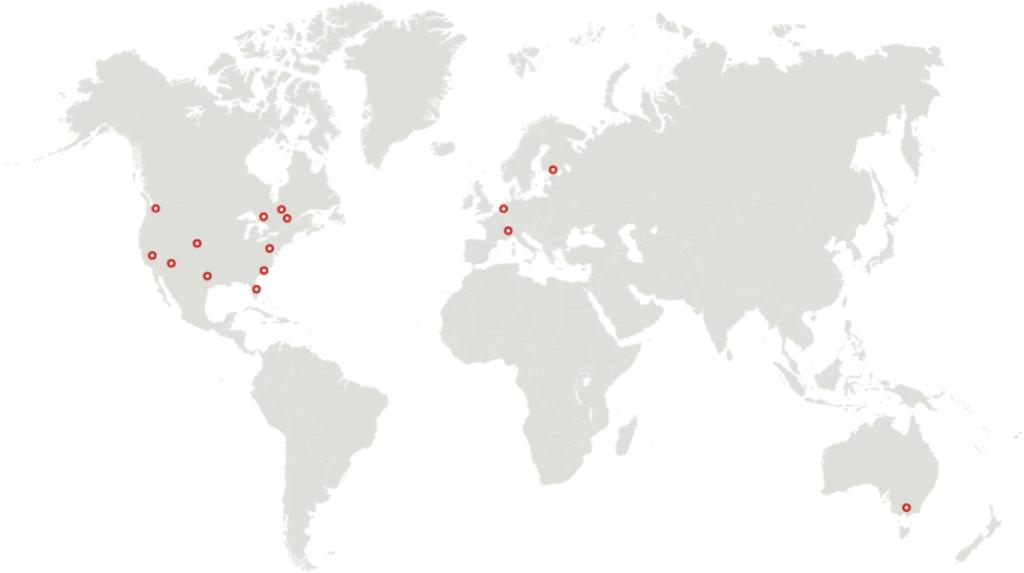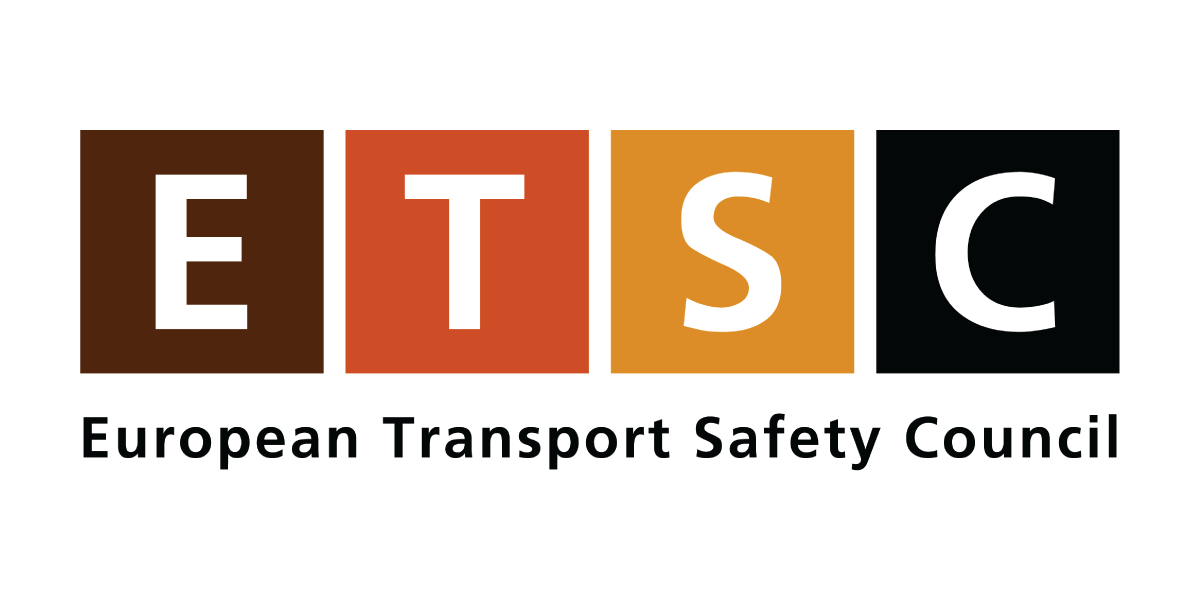About
the Symposium
About the Symposium
Since 2000, the Alcohol Interlock Symposium global forum has hosted leading experts to discuss ongoing
research and development regarding alcohol and drug impaired driving, interlock programs, and road traffic
safety. TIRF has organized and hosted the international symposia series on alcohol interlocks in partnership
with government agencies in different jurisdictions.
An alcohol ignition interlock is a breath-testing device that is attached to the starter of a vehicle. These
devices were designed to prevent drivers who have been drinking from starting their vehicle when their breath
alcohol concentration is above a pre-set limit. A large body of research evidence exists that demonstrates the
effectiveness of these devices in preventing drinking and driving and in recent years there has been a
convergence of evidence from independent sources capturing that interlocks can reduce crashes and fatalities.
When alcohol interlocks are embedded in a well-designed program, they can reduce impaired driving and repeat
offences.
About the Symposium
Since 2000, the Alcohol Interlock Symposium global forum has hosted leading experts to discuss ongoing research and development regarding alcohol and drug impaired driving, interlock programs, and road traffic safety. TIRF has organized and hosted the international symposia series on alcohol interlocks in partnership with government agencies in different jurisdictions.
An alcohol ignition interlock is a breath-testing device that is attached to the starter of a vehicle. These devices were designed to prevent drivers who have been drinking from starting their vehicle when their breath alcohol concentration is above a pre-set limit. A large body of research evidence exists that demonstrates the effectiveness of these devices in preventing drinking and driving and in recent years there has been a convergence of evidence from independent sources capturing that interlocks can reduce crashes and fatalities. When alcohol interlocks are embedded in a well-designed program, they can reduce impaired driving and repeat offences.
Past Symposia

-
2000 Montreal, CA
Best practices for alcohol interlock programs
The first international symposium on alcohol ignition interlock programs was held in Montreal in September, 2000. It was a relatively informal meeting attended by about 25 individuals representing the research community, interlock manufacturers, service providers, and policy makers. The discussions focused on the current state of the art of interlock programs, their effectiveness, and ways to enhance and expand these programs.
-
2001 Toronto, CA
Alcohol interlocks as a condition of license reinstatement
This event attracted over 70 delegates and focused on the issue of requiring interlock program participation as a condition of licence reinstatement for DWI offenders.
-
2002 Vero Beach, FL
Enhancing the Effectiveness of Alcohol Ignition Interlock Programs
-
2003 Hilton Head, SC
Enhancing Acceptance, Participation, and Effectiveness of Interlock Programs
The Symposium program included sessions on Implementation Issues, the Status of Interlock Programs Around the World, and two panels on Problems and Solutions. Addition to that two workshop sessions: one dealing with Enhancing Acceptance; the other discussing issues associated with Enhancing Participation and Compliance.
-
2004 Tempe, AZ
Pushing Back the Frontiers
The Fifth International Symposium on Alcohol Ignition Interlock Programs was held in Tempe Arizona in October, 2004. This event attracted over 150 delegates from 12 countries and 23 states.
-
2005 Annecy, FR
A Global Perspective
-
2006 Beaver Creek, CO
-
2007 Seattle, WA
-
2008 Tällberg, SWE
Planning for Success
-
2009 Melbourne, AU
Taking Research to Practice
TIRF is also happy to welcome more than 85 participants representing 15 countries this year. these individuals share their experience with alcohol interlocks in a wide range of programs to help advance the field, stimulate dialogue and develop new ideas.
-
2010 Montebello, CA
Harmonizing Policies and Practices
This year more than 130 attendees representing 17 countries participated, making it one of the largest Symposia to date. This continued growth in attendance demonstrates the value of this event and is testament to the quality of presenters who give their time and share their expertise to enable us to achieve the goals of this year’s event. The following proceedings were borne out of those discussions and it is hoped that they can form the basis for dialogue among jurisdictions that are seeking to move forward with harmonization strategies for the delivery of interlocks.
-
2011 Palm Springs, CA
Integrating Systems: Creating A Continuum of Care
The 12th international alcohol interlock symposium held in Palm springs, California, was the largest of the symposia to date. more than 175 attendees representing 18 different countries attended the event. The growth of the symposium, which had humble beginnings with only 26 attendees present in 2000, demonstrates the continued interest in not only the use of alcohol interlocks but also in the enhancement of existing interlock programs, the pursuit of technological innovation, and the implementation of new legislation and programs internationally. it also highlights the growing body of knowledge regarding treatment, recidivism, and best practices research. many of these issues were
addressed at this year’s symposium and are discussed in greater detail in the following proceedings. -
2012 Helsinki, FIN
Alcohol Interlocks as a Traffic Management Tool
In order to acknowledge the contribution of both commercial and offender interlock programs. Given the European focus of The Symposium, this theme poignantly emphasized the fact that interlocks are versatile and not limited to usage with offenders. Devices can effectively be used in a pro-active approach to manage traffic safety among company fleets, taxis, school buses and government-owned vehicles as was evident from presentations at the Symposium. This approach is essentially different from the approach of offender programs in that the goal is not necessarily to rectify a drink driving problem. Rather, the goal is to increase the quality of services by showing commitment to safety, and, as such, instilling confidence among, and showing leadership toward customers, clients and the public alike. Hence, a key objective of the event was to draw upon lessons learned with regard to offender-based and commercial programs, and to broaden understanding of alcohol interlocks as a flexible road safety tool in different environments.
-
2014 Washington DC
Managing Risk and Behavior Change
The 14th International Alcohol Interlock Symposium held in Washington, D.C. attracted more than 150 attendees representing 13 countries1 from six different continents. The North American presence was strong with more than 15 jurisdictions having representation at this event in the US capital, and approximately 25 participants in the Introductory Session for Newcomers. This participation is illustrative of the continued interest in the Symposium and growth in the field.
-
2016 Brussels, BE
Efficiency Through Automation
The 2016 theme highlights the importance of embedding ever-advancing devices in efficient and streamlined programs to keep pace with the growing needs of government to deliver sustainable services, as well as new vehicle functions and features. As technology evolves it will become increasingly important to emphasize the value of programs, given that users of interlocks or potential users alike may believe that the availability of more sophisticated technology will negate the need for good quality programs with appropriate levels of monitoring and servicing.
-
2018 Austin, TX
The 2018 Symposium will feature a theme surrounding the Versatility of Alcohol Interlocks, meant to emphasize the potential interlocks have to deal with the increasing availability of other impairing substances that can be used in combination with alcohol. As interlock technology evolves and devices become easier to use and less intrusive, it becomes increasingly important to understand how intelligent devices can enhance road safety globally.
-
2023 Oslo, NO
Technology Savings Lives
TIRF is a world leader in research about alcohol monitoring technologies. It has created a curriculum about alcohol interlocks for frontline practitioners and delivered training and technical assistance to more than 20 U.S. jurisdictions to improve the implementation and delivery of interlock programs. It also developed and maintains an international inventory of alcohol interlock programs, and has published a series of primers about alcohol monitoring technologies.
Proceedings from past symposia are available here. www.tirf.ca
European Transport Safety Council (ETSC)
ETSC is a Brussels-based independent non-profit making organisation dedicated to reducing the numbers of deaths and injuries in transport in Europe.
Founded in 1993, ETSC provides an impartial source of expert advice on transport safety matters to the European Commission, the European Parliament, and national governments. It maintains its independence through funding from a variety of sources including membership subscriptions, the European Commission, and public and private sector support for various activities.



